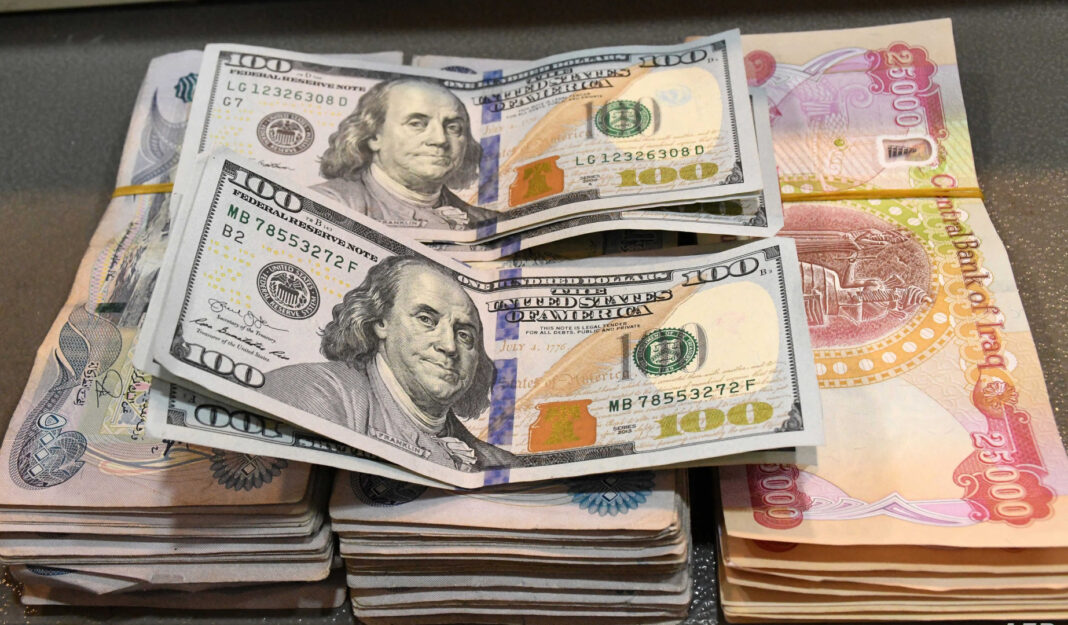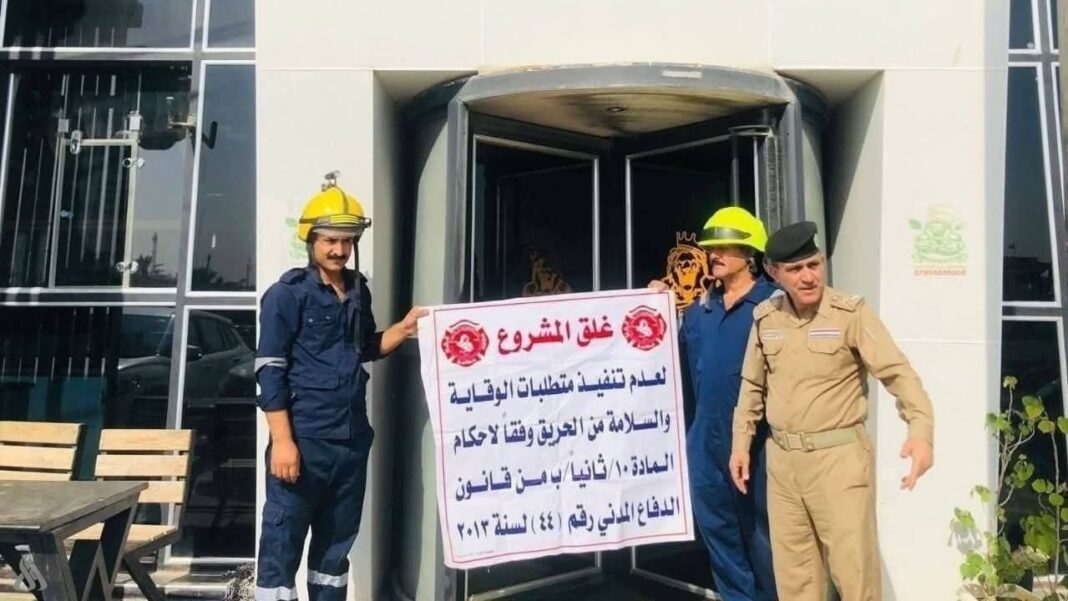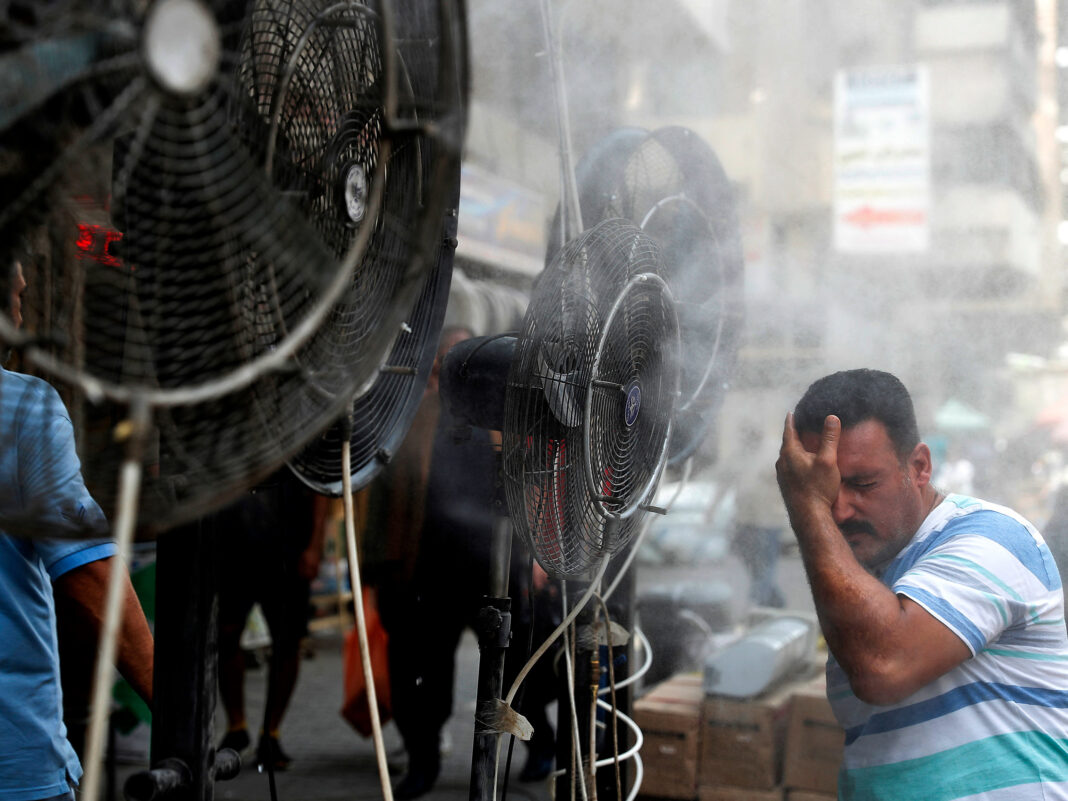The US dollar exchange rate continues to attract attention in Iraq’s currency market. On Monday, it remained unchanged in Baghdad, while it experienced a slight increase in Erbil.
In Baghdad’s main stock exchanges, Al-Kifah and Al-Harithiya, the rate stood at 1,398 Iraqi dinars per dollar. Currency exchange shops across the capital showed consistent pricing throughout the day.
Specifically, these shops offered rates between 1,390 and 1,410 dinars per dollar. This stability reflects an ongoing effort to maintain balance in Iraq’s currency market, especially in the capital.
Meanwhile, the US dollar exchange rate in Erbil showed a small rise. Exchange shops in the Kurdish region reported rates between 1,397 and 1,397.5 dinars per dollar. Though the difference is minor, it still highlights regional variations in exchange activity.
In February 2023, the Central Bank of Iraq introduced a new official rate. The bank set the rate at 1,300 dinars per US dollar. This move aimed to stabilize the market and reduce the gap with the parallel market rate.
Previously, the official rate had stood at 1,450 dinars per dollar. However, traders were buying dollars in the black market for as much as 1,550 dinars. That spread created significant pressure on both importers and everyday consumers.
Back in January 2023, the difference had grown even larger. At that time, the parallel market rate reached 1,610 dinars per dollar. This represented a 10 percent gap, sparking concern among financial observers and economic institutions.
Although some variation continues today, authorities have narrowed the gap. The current pricing suggests an improved level of control over currency flows.
The US dollar exchange rate now serves as a key barometer of Iraq’s economic health. As such, both citizens and traders watch every fluctuation closely. Ongoing stability in the market helps reinforce public confidence in Iraq’s financial system.
For now, the dollar’s position in Baghdad remains steady, while Erbil shows only minor shifts. Continued monitoring and transparent policies will be essential in preserving this balance moving forward.



